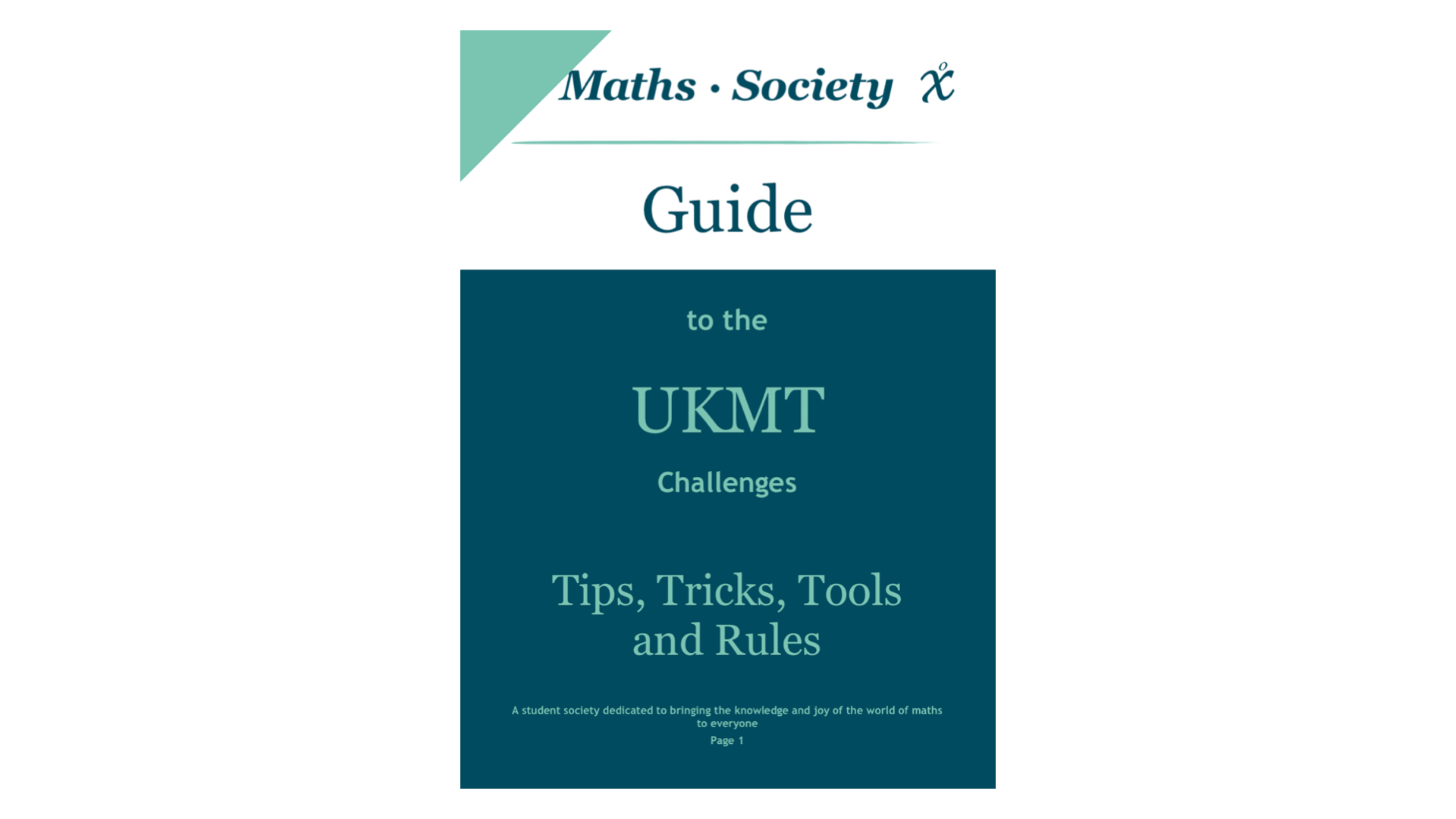Vivaan P
Every year at many British schools and beyond, year 7s and 8s take the Junior Mathematical Challenge (JMC). Out of the many people who take it, around 250,000, 10,000 are invited to take part in the Junior Mathematical Kangaroo (JMK), and 1,200 are invited to take place in the Junior Mathematical Olympiad (JMO).
The JMK is just like the JMC, with 25 multiple-choice questions, with the same scoring system. The only difference is the fact that questions are more difficult. On the other side, the JMO is much different.
Instead of testing your problem-solving, the JMO also tests your articulative mathematical abilities; there are 10 questions which only require answers (not multiple choice), and 6 longer questions, which require fully written explanations on why your answer is correct. Each of the first 10 questions is worth 1 mark, and the final 6 questions do not have a limit on how many marks you can earn.
Because of the desirable awards that can be achieved, some preparation is necessary to achieve those lauded medals and certificates, but what, and how should you practice?
For the JMC and JMK, just doing past papers and looking at the solutions would be all that is necessary. This method would help you think outside the box, and solve the more creative problems. It will also get you used to what the test would be like, so also use time constrictions when doing a past paper.
The same would apply for the JMO, but I would also suggest solving NRICH problems, and looking at the UKMT twitter problems. NRICH is really good, as they provide full explanations for problems, and also show student responses, whilst letting you submit your own.
That is all for preparation for the UKMT Junior Competitions, and it shows that you don’t need go overboard with preparation.
